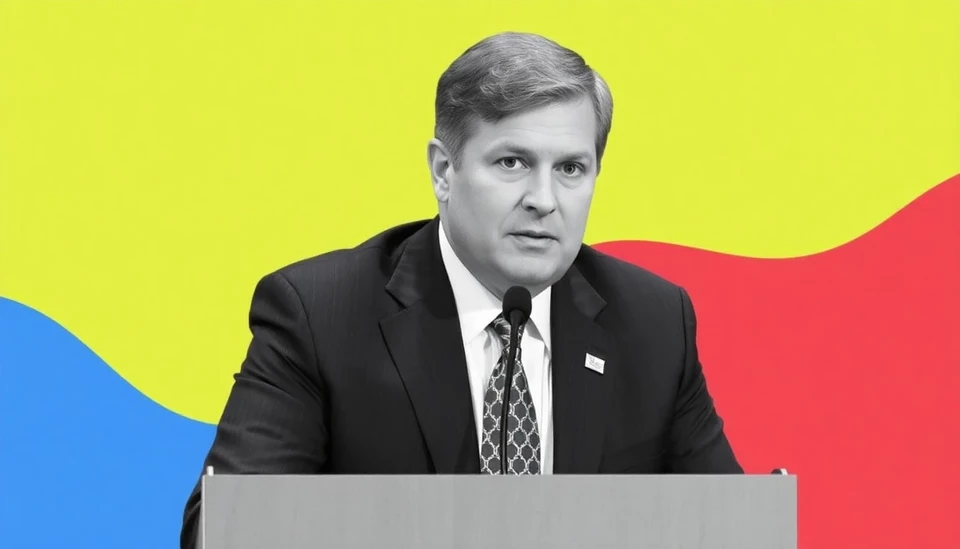
In a groundbreaking economic turnaround, Argentina has reported its first fiscal surplus in over ten years, a remarkable achievement attributed to the bold and often controversial policies of President Javier Milei. His administration's aggressive reforms, likened to a "chainsaw" approach, have aimed at cutting government expenses and slashing taxes, fundamentally reshaping the nation’s financial landscape.
The surplus comes at a critical juncture for Argentina, which has been grappling with economic turmoil characterized by soaring inflation rates and significant public debt. Historically, the South American country has struggled to maintain a stable fiscal balance, burdened by excessive spending and pervasive corruption. However, Milei's administration has taken drastic measures that appear to be yielding positive results, marking a major shift in the country’s economic trajectory.
Milei, an economist known for his unconventional views, has implemented sweeping reforms aimed at fostering an environment conducive to growth. By drastically reducing government expenditures and eliminating unnecessary regulatory barriers, he has sought to boost investor confidence and restore faith in Argentina's economy. His policies include various tax cuts designed to stimulate consumption and encourage domestic production, all while trimming down a bloated public sector.
According to recent government reports, Argentina's fiscal surplus has reached approximately $1 billion, a figure that industry experts are cautiously optimistic about. Many analysts see this surplus as a foundation for future growth, a necessary step in addressing the country’s crippling debt and restoring financial stability. The government’s new budgetary discipline has paved the way for a more sustainable economic model, instilling hope in the hearts of citizens and businesses alike.
Moreover, the fiscal surplus has had a positive impact on Argentina’s currency, the peso, which has shown signs of stabilization against the US dollar. This shift bodes well for everyday consumers who have suffered under previous administrations marked by high inflation and volatile currency rates. A stronger peso can help lower the price of imports, thereby easing living costs for average citizens.
However, as with any significant economic overhaul, the Milei administration faces challenges ahead. Critics argue that the drastic cuts to social programs could disproportionately affect vulnerable populations. While the government has emphasized its commitment to protecting essential services, ensuring that the benefits of this surplus extend to all Argentinians will be crucial for maintaining social cohesion and trust in Milei's leadership.
International reactions to Argentina’s fiscal surplus have also been noteworthy. Investors around the globe are taking a keen interest in the unfolding situation, with many speculating on the potential long-term impacts of Milei's reforms. Some view it as a harbinger of a newfound stability in the region, while others remain skeptical, waiting to see whether Argentina's newfound fiscal discipline can endure amid political and social pressures.
In conclusion, President Javier Milei’s robust economic policies have led Argentina to a historic fiscal surplus, a beacon of hope for a nation long mired in financial chaos. The path ahead will undoubtedly present challenges, but the initial signs of recovery mark a pivotal chapter in Argentina's economic narrative. As the world watches, many will be eager to see if these early successes can be translated into sustained growth and prosperity for the Argentine people.
#Argentina #Milei #EconomicSurplus #ChainsawEconomics #FiscalDiscipline #Inflation #EconomicReform #InvestorConfidence #SouthAmerica #FinancialStability
Author: Laura Mitchell




